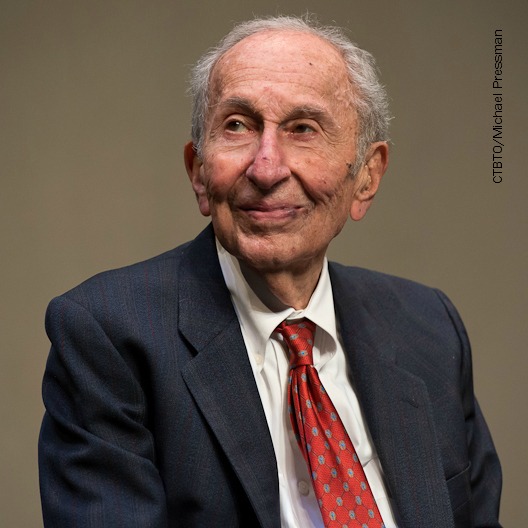Thirty years ago, the Charter 77 movement was established with the simple goal of ensuring that the citizens of Czechoslovakia could “live and work as free human beings.” Today, as Co-Chairman of the Commission on Security and Cooperation in Europe, I join with my colleagues in celebrating the founding of Charter 77 and honoring those men and women who, through their personal acts of courage, helped bring freedom to their country.
When the Charter 77 manifesto was issued, three men were chosen to be the first spokespersons of this newly formed movement: a renowned European philosopher, Jan Patocka; Jiri Hajek, who had been Czechoslovakia’s Foreign Minister during the Prague Spring; and the playwright, Vaclav Havel. They had the authority to speak for the movement and to issue documents on behalf of signatories.
Tragically, Jan Patocka paid with his life for his act of bravery and courage. After signing the Charter and meeting with Dutch Ambassador Max van der Stoel, he was subjected to prolonged interrogation by the secret police. It is widely believed this interrogation triggered a heart attack, resulting in his death on March 13, 1977.
In spite of this chilling message from the regime, Jiri Hajek and Vaclav Havel continued to work with other Chartists, at tremendous personal cost. Two-hundred and thirty signatories were called in for interrogation; 50 houses were subjected to searches. Many supporters lost their jobs or faced other forms of persecution; many were sent to prison. In fact, the harsh treatment of the Charter 77 signatories led to the creation of another human rights group, the Committee for the Defense of the Unjustly Persecuted, known by its Czech acronym, VONS. In October 1979, six VONS leaders, including Vaclav Havel, were tried for subversion and sentenced to prison terms of up to five years.
Perhaps the regime’s harsh tactics reflected its knowledge that, ultimately, it could only retain control through force and coercion. Certainly, there was no perestroika or glasnost in Husak’s Czechoslovakia; no goulash communism as in neighboring Hungary. And so, the regime was threatened by groups that might have seemed inconsequential elsewhere: by the psychedelic band, “Plastic People of the Universe;” by a musical appreciation group known as the Jazz Section; by environmentalists, historians, philosophers and, of course, playwrights.
1989 was an extraordinary year – a year in which the regime sought to control everything and, in the end, could control nothing. In May, Hungary opened its borders. In June, free elections were held for parliamentary seats in Poland for the first time in decades. By August, 5,000 East German were fleeing to Austria through Hungary every single week. Demonstrations in East Germany continued to rise, forcing Eric Honecker to resign in October. On November 9, the Berlin wall was breached.
But while communist leaders in other countries saw the writing on the wall, authorities in Prague continued to believe they could somehow cling to power. Ironically, the regime’s repressive tactics were part of its final undoing.
On November 17, 1989, significant student demonstrations were held in Prague. Human rights groups released video tapes of police and militia viciously beating the demonstrators and these tapes were rapidly and widely circulated through the underground. Shortly thereafter, VONS received credible information that a student demonstrator had been beaten to death. The alleged death so outraged Czechoslovak society that it triggered massive demonstrations. Within days, Czechoslovakia’s Communist regime collapsed like a house of cards.
As it turned out, no one had actually been killed during the November 17 protests; the story of the student death had been concocted by the secret police to discredit VONS, but was all too believable. As concisely stated by Mary Battiata, a reporter for the Washington Post, “. . . a half-baked secret police plan to discredit a couple of dissidents apparently boomeranged and turned a sputtering student protest into a national rebellion.” On December 29, Vaclav Havel – who had been in prison just a few months earlier – was elected President of Czechoslovakia by the Federal Parliament.
Jan Patocka once wrote, “The real test of a man is not how well he plays the role he has invented for himself, but how well he plays the role that destiny assigned to him.” It seems that destiny had a particular role for Vaclav Havel, not one that he invented or envisioned for himself, but one that he has played with courage and grace, with dignity and honor. Today, we honor Vaclav Havel and the Charter 77 movement he helped to found.






